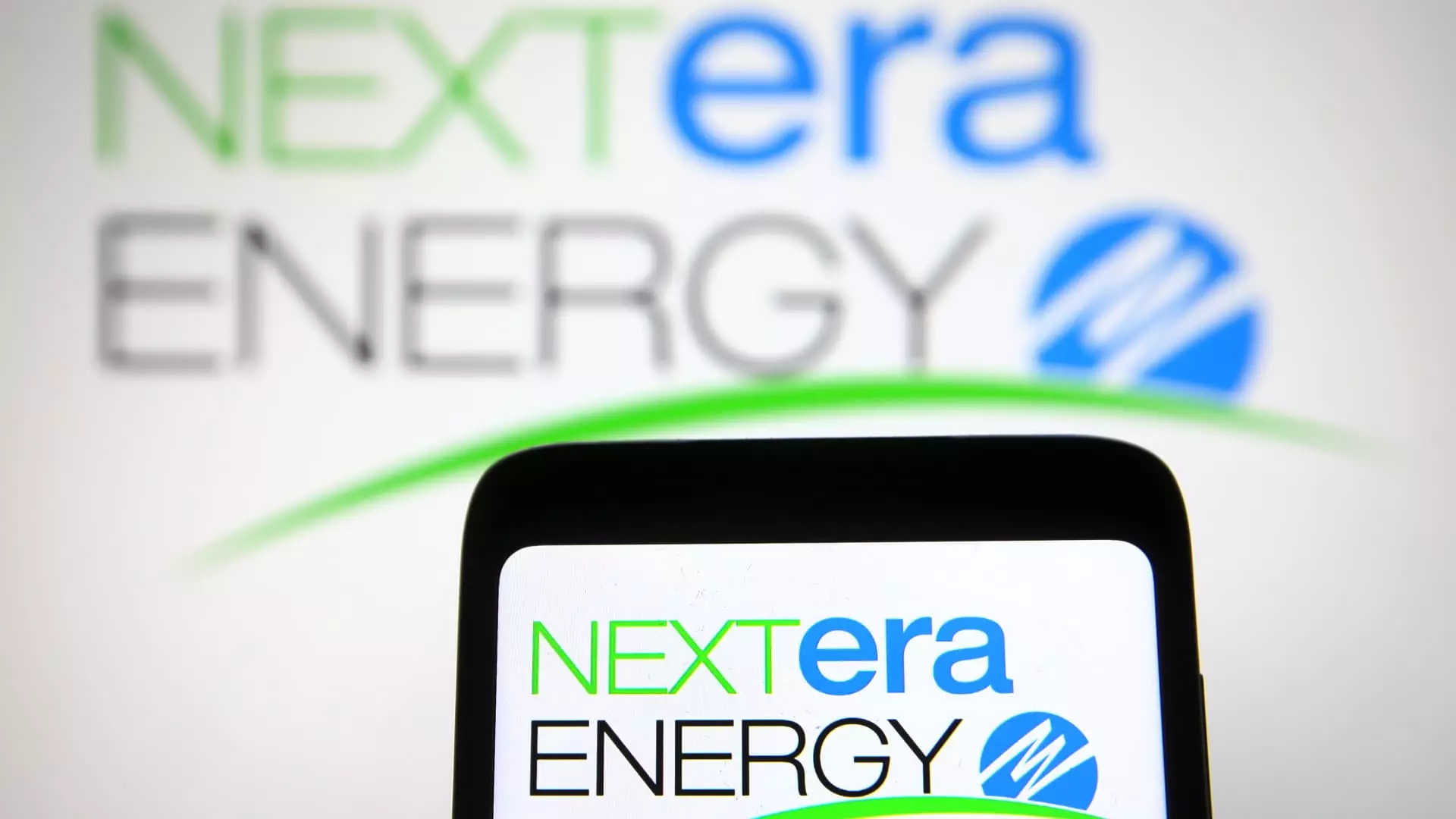Recently, there has been a growing interest in the revival of the Duane Arnold Energy Center in Palo, Iowa, a nuclear plant that ceased operations in 2020 after 45 years of service. This move comes as demand for carbon-free energy is on the rise, amidst a historic surge in electricity consumption. NextEra Energy, the company considering the restart, is looking into the feasibility of reviving the plant to meet the market demands for clean energy.
NextEra Energy’s CEO, John Ketchum, emphasized the need for a thorough review of the risks involved in restarting the reactor. He mentioned that while there are opportunities and a demand for the market, it is essential to ensure that the approach is essentially risk-free with proper mitigants in place. The decision to retire the Duane Arnold plant in 2020 was influenced by a key customer seeking cheaper energy alternatives. Additionally, a powerful windstorm damaged parts of the plant, hastening its closure.
Nuclear energy has faced challenges in recent years, with many plants struggling to compete with cheaper energy sources like natural gas and renewables. Safety concerns have also been raised following incidents like the 2011 Fukushima nuclear accident in Japan, leading to the closure of several nuclear reactors in the U.S. However, with the rising demand for power from various sectors such as artificial intelligence data centers, domestic manufacturing, and the electrification of the economy, interest in nuclear energy is experiencing a resurgence.
As the U.S. aims to reduce carbon dioxide emissions and accelerate the buildout of renewable energy sources like solar and wind, challenges remain in providing reliable power due to weather-dependent generation. While battery storage is seen as a potential solution by CEOs in the renewable industry, utility executives argue that nuclear and natural gas are necessary for grid reliability. Companies like Southern Company have emphasized the need for new nuclear installations to meet the growing electricity demand.
While there is a growing interest in nuclear energy, there are also criticisms surrounding the costs associated with building new plants. Some industry leaders believe that the enthusiasm for nuclear power may be overblown. However, the tech sector, particularly companies like Amazon Web Services, has shown interest in nuclear energy as a reliable power source for data centers. Amazon’s recent acquisition of a nuclear-powered data center and their ongoing discussions with other energy companies highlight the tech industry’s confidence in nuclear energy.
The U.S. currently maintains the largest nuclear fleet in the world with 94 operating reactors, and the Biden administration has taken steps to support the industry through tax credits and initiatives to prevent more reactors from going offline. The global pledge to triple nuclear power by 2050 to address climate change underscores the potential role of nuclear energy in the clean energy transition.
The potential restart of the Duane Arnold Nuclear Plant in Iowa reflects a broader trend towards reevaluating the role of nuclear energy in meeting the growing demand for carbon-free power. While challenges and criticisms exist, the resurgence of interest in nuclear energy signals a shift towards a more diversified and sustainable energy portfolio for the future.

